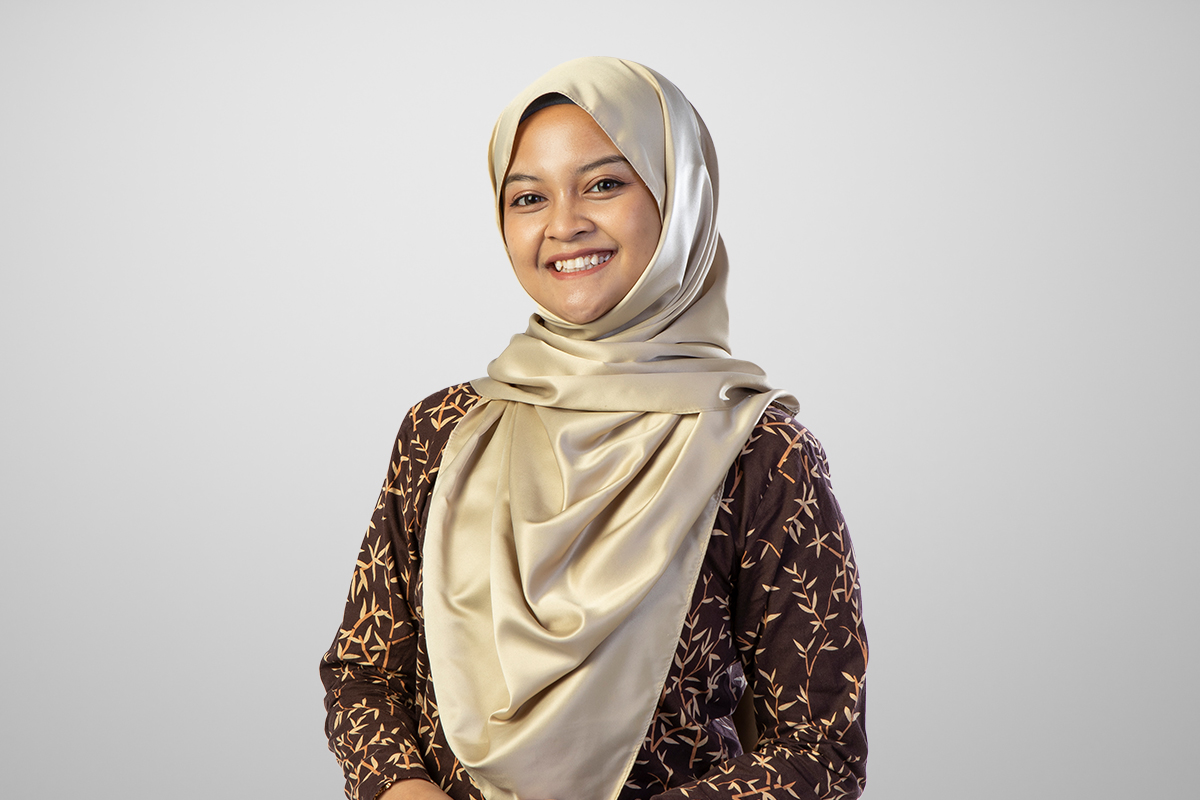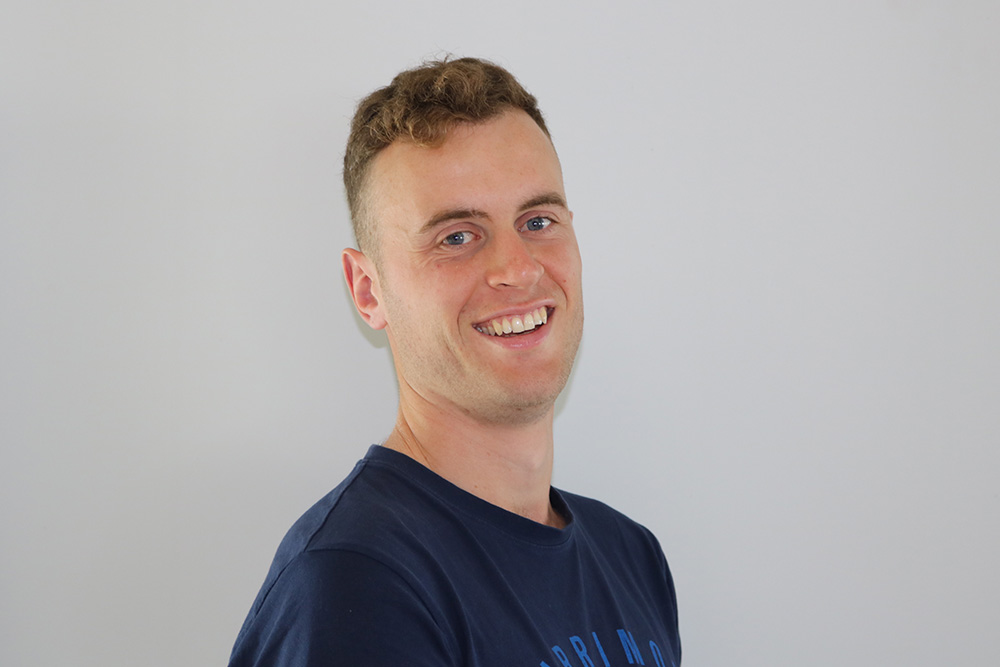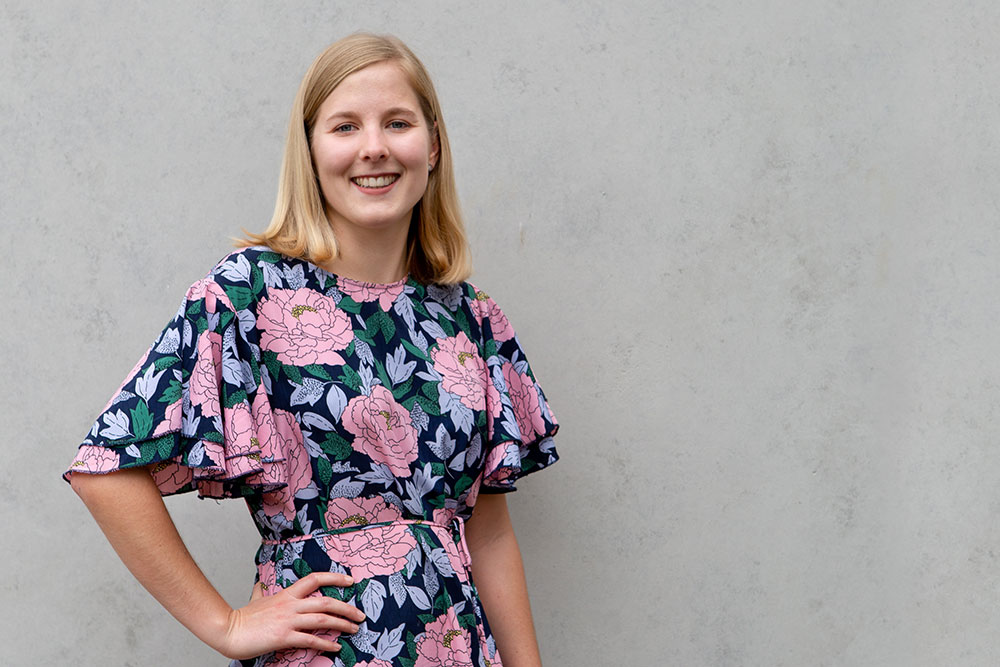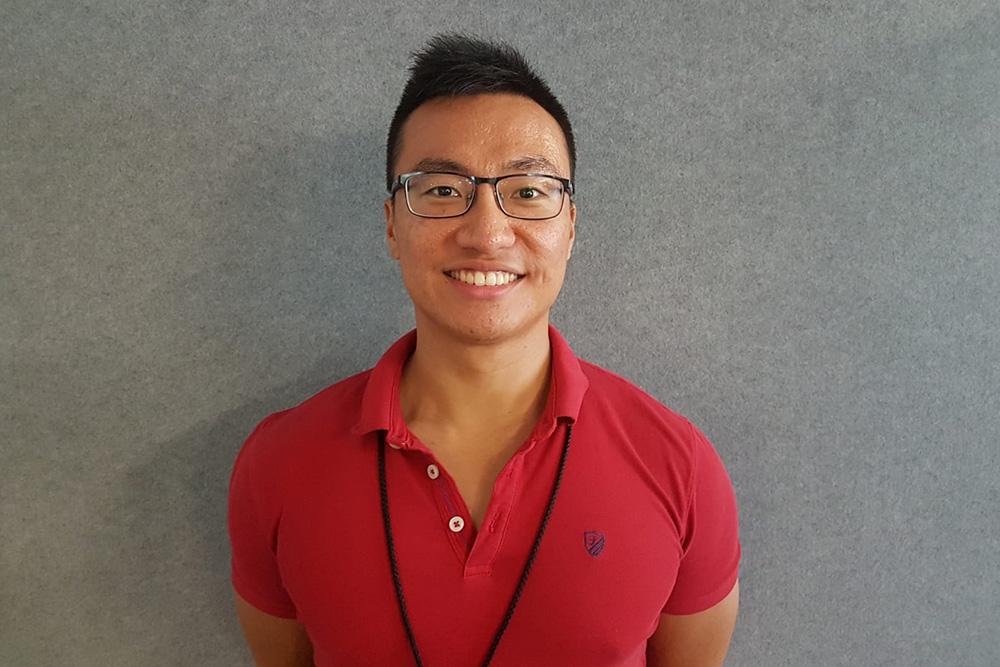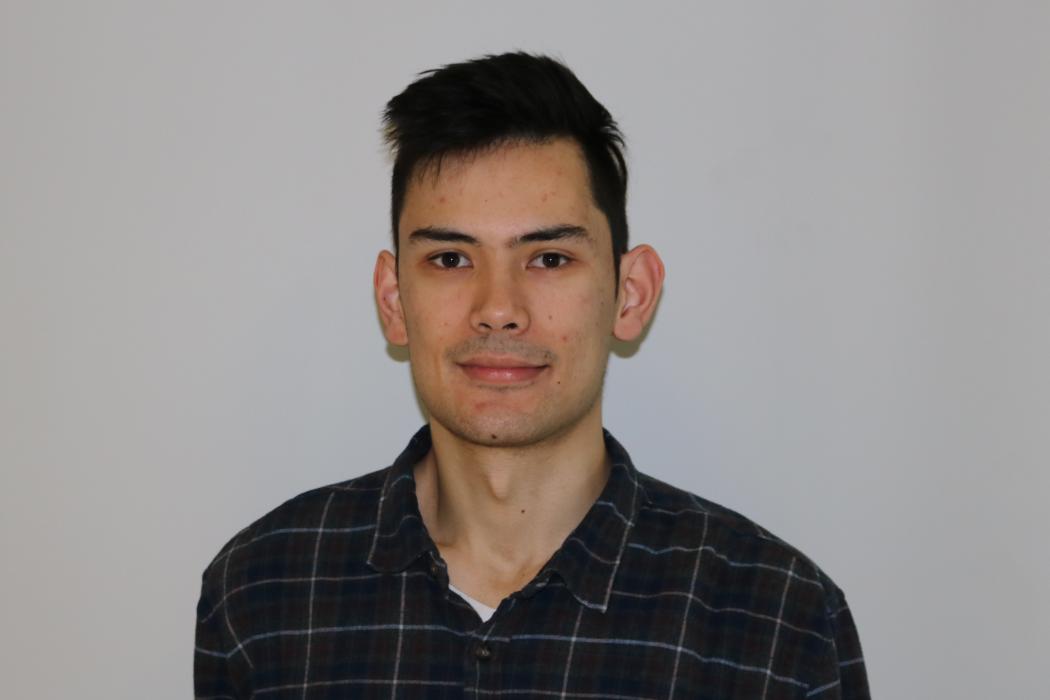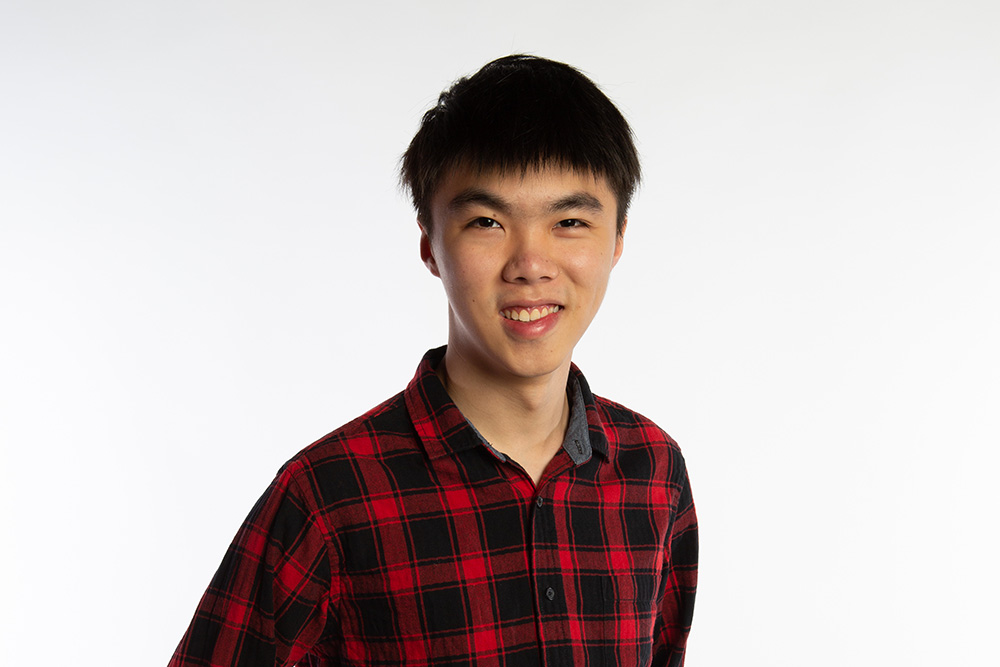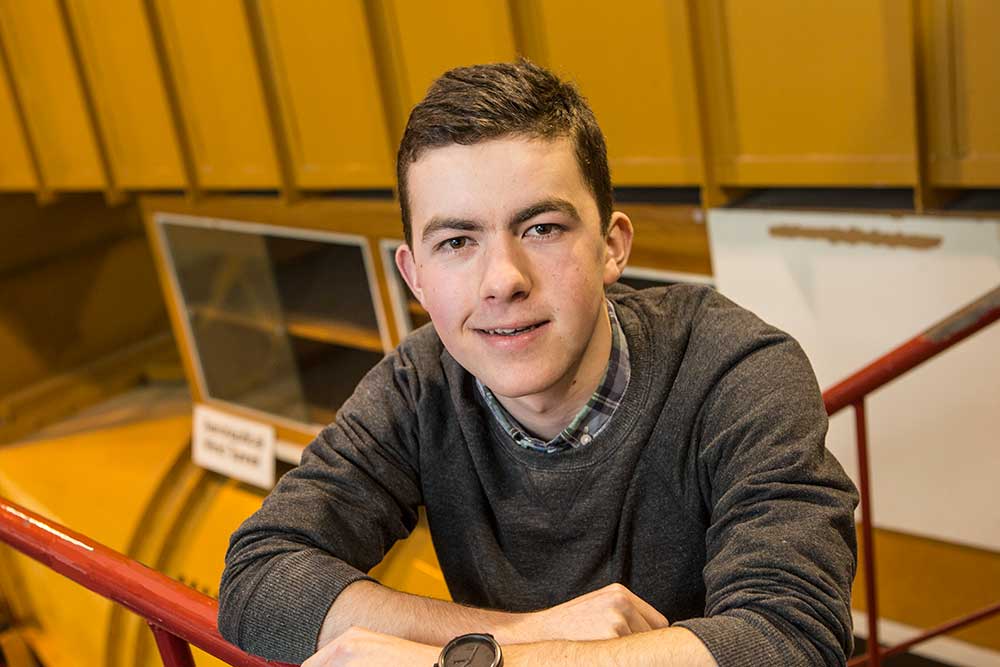Qualifications
B.E. (Hons.), Electrical and Electronic Engineering
Software Defined Radio for Maritime Collision Avoidance Application
Les's research looks at developing innovative maritime safety equipment which uses an automatic identification system (AIS). AIS products provide a tracking system used for vessel traffic services (VTS) in maritime public safety applications. This research looks at software defined radio (SDR) technologies as a solution to lower costs, add flexibility and provide intellectual property (IP) sustainability for AIS products.
With the emergence of high speed devices such as analog to digital converters (ADC), field programmable gates arrays (FPGA) and digital signal processors (DSP) the potential to capture and process high data rates has been established. Therefore, it is advantageous to investigate these technologies to discover a flexible and high performing solution for radio applications.
This research came about from the increasing problem of obsolescent components. With the growth of modern technology companies are faced with the challenge of keeping up with advancements. When components in a product become obsolete redesigns must be conducted, leading to re-certifications to specific standards. This process can be exhausting on engineering and production resources.
The goal for this project is to design a RF platform which replaces hardware intensive architectures. The idea is to conduct as much RF processing in the digital domain using software. This approach will significantly reduce the bill of materials and shift the core RF processing IP into the software domain, taking away any reliance on single source parts. SDR technology will also provide the flexibility to support different modulation schemes and frequencies without the need for production support. This allows the radio platform to be utilized for new or different applications.
Les has completed his degree in Electrical and Electronic Engineering at the University of Canterbury. He is now completing his Master of Engineering at the Wireless Research Center (WRC), for which he has been granted a SERC Postgraduate Scholarship. His supervisors for the Master's project are Chris Hann, Graeme Woodward and Kelvin Barnsdale.



